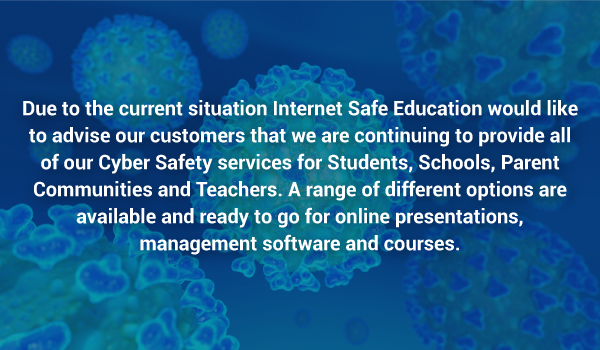As school holidays approach, it’s natural for kids to get excited about having more free time to spend on their favourite screens. However, as parents and caregivers, it’s important to encourage healthy screen time habits to ensure that our children maintain a healthy balance of activities. With so many entertainment options available, it can be challenging to manage screen time effectively. Therefore, in this blog post, we will explore some effective strategies for managing healthy screen time habits during school holidays. By following these tips, we can promote a healthy and balanced lifestyle for our kids.
Create a holiday schedule
It sounds boring but obviously don’t call it that. Perhaps something akin to ISLAND TIME, where it’s a bit more relaxed than the usual but full of mostly non-digital activities to keep them occupied and away from screens. They may just need a prompt of what they could do to help them balance out their day. Zoning out in front of a screen will always be the most appealing as it requires the least amount of imagination, physical exertion or the mental bandwidth required to seek out their next activity.
Collaborative holiday habits
Now I know what you are thinking it sounds a little like a lot of rules and resistance inducing. But sit down as a family and set some holiday habits to be carried for the day. For Example, give their rooms a tidy up, spending time playing with their siblings, green time outside, one good deed, reading, mindfulness activities as well as the agreed upon amount of screen time. Much like a treasure hunt you have a list of things you need to do in order to complete the game, you may be set on the timings of each habit or the order. It will look different for every family based on the ages of your children and their individual interests.
Co-Participation
Join them, play together, and make it a fun experience. Engaging in their digital interests can not only create a bonding opportunity but also transform their experience from passive screentime to active screentime. Active Screen time centered around connection has been identified to be positive for the mental health of young people. It also allows for spontaneous learning for children and parents alike.
Earning screen time through play
Some children are motivated by competition and/or reward. Create a competition/game/chores list around earning Digital Dollars to exchange for screentime. It could even be centered around time spent doing non-digital activities.
Morning and Afternoon Session
Allow them to have screen time twice a day. Not necessarily double the amount of time but giving them the perception of quantity. I find that two shorter screen time sessions reduce that zombie like state that causes techno tantrums when it’s time to finish up. This is age dependent of course, although teenagers aren’t exempt from the odd tantrum or two when things aren’t going their way 😊
Encourage Self-Regulation
Give them the autonomy to self-regulate the time spent on their device. Talk about an amount that everyone agrees upon and then they need to set the timer and finish up when it goes off. You will hear ‘But I’m almost finished the level/quest/game’ and it’s up to you. I’m always inclined to ask them how much more time do they need – if it’s reasonable I’ll allow it but if they say 30 minutes then they need to stop and perhaps next time select activities that fit within the agreed time frame. It can be tricky with gaming but not unachievable.
Screen free time for everyone
Setting a screen free time of the day, perhaps in the evening is best to help everyone wind down and get the good quality sleep that doesn’t happen when blue light is involved. Create another activity around that time like FAMILY TIME playing a board game together or age appropriate story time or something mindful or walking the dog or even a family yoga session. Anything that your family loves to do together.
Set them up for success!
Make space for transitioning from screen time, give them a 10 minute warning and try to plan the end of screen time at a natural break for example before a meal or bath/shower time.
Managing screen time during the school holidays can be challenging for many parents. You will find what works for your family and sometimes that changes across the holidays. The really important thing is not to be too hard on yourself or them when your best intentions to manage screentime go sideways a little. It’s a busy season, we are tired, they are tired and sometimes, under the guidance of good digital education and clear boundaries, a little quiet time doing something they love a little longer than usual is okay. Encouraging your child to engage in other activities, setting limits on screen time, and modelling healthy screen habits yourself can all help to promote a healthy balance. By working together as a family to manage screen time, you can help your child develop healthy habits that will benefit them for years to come.


